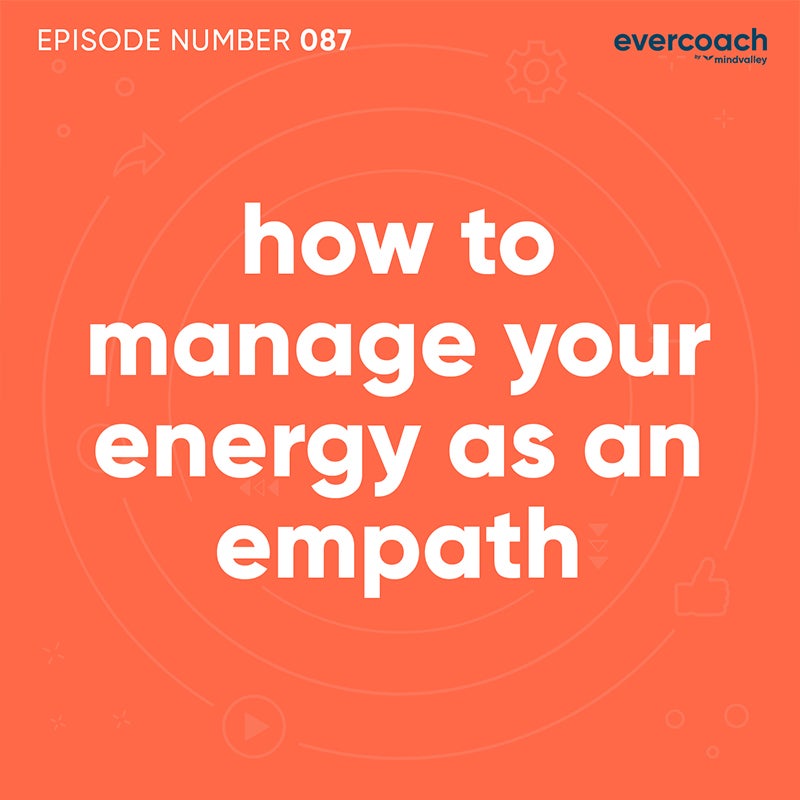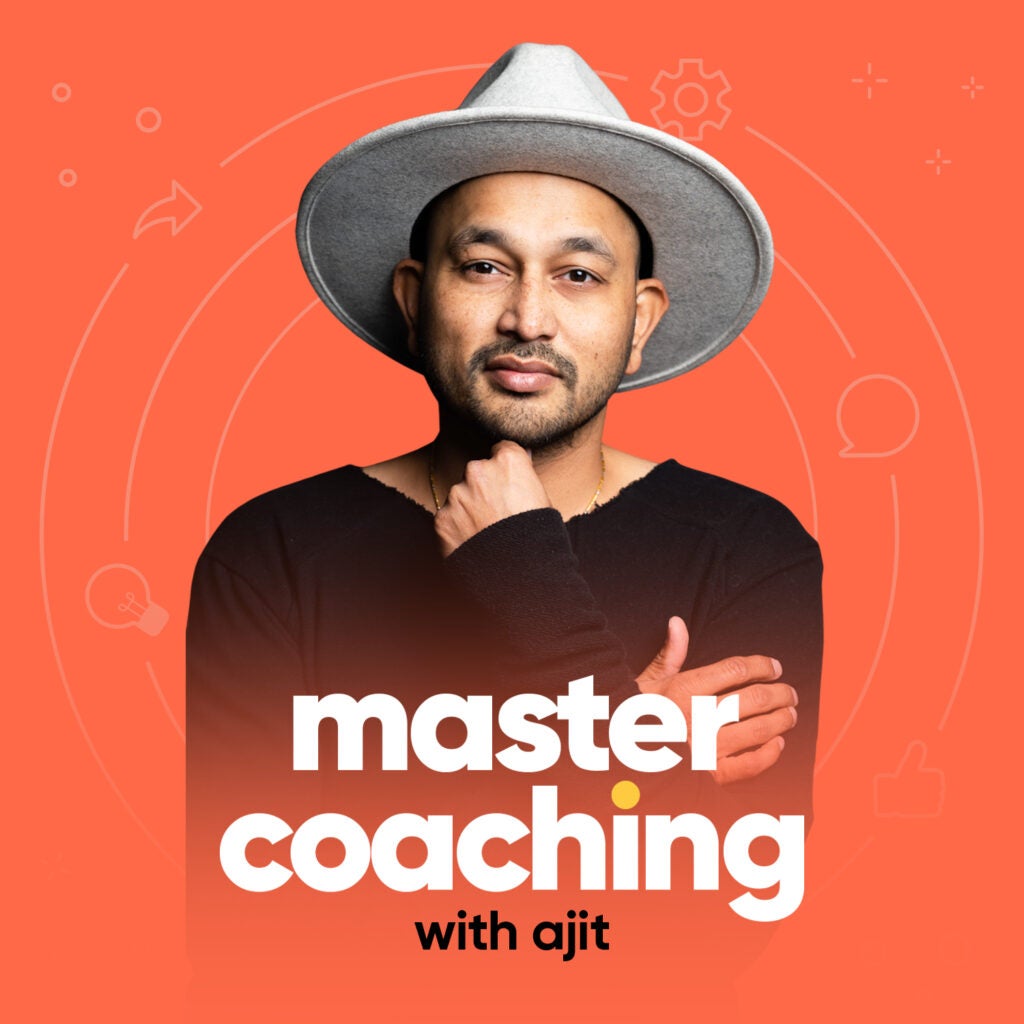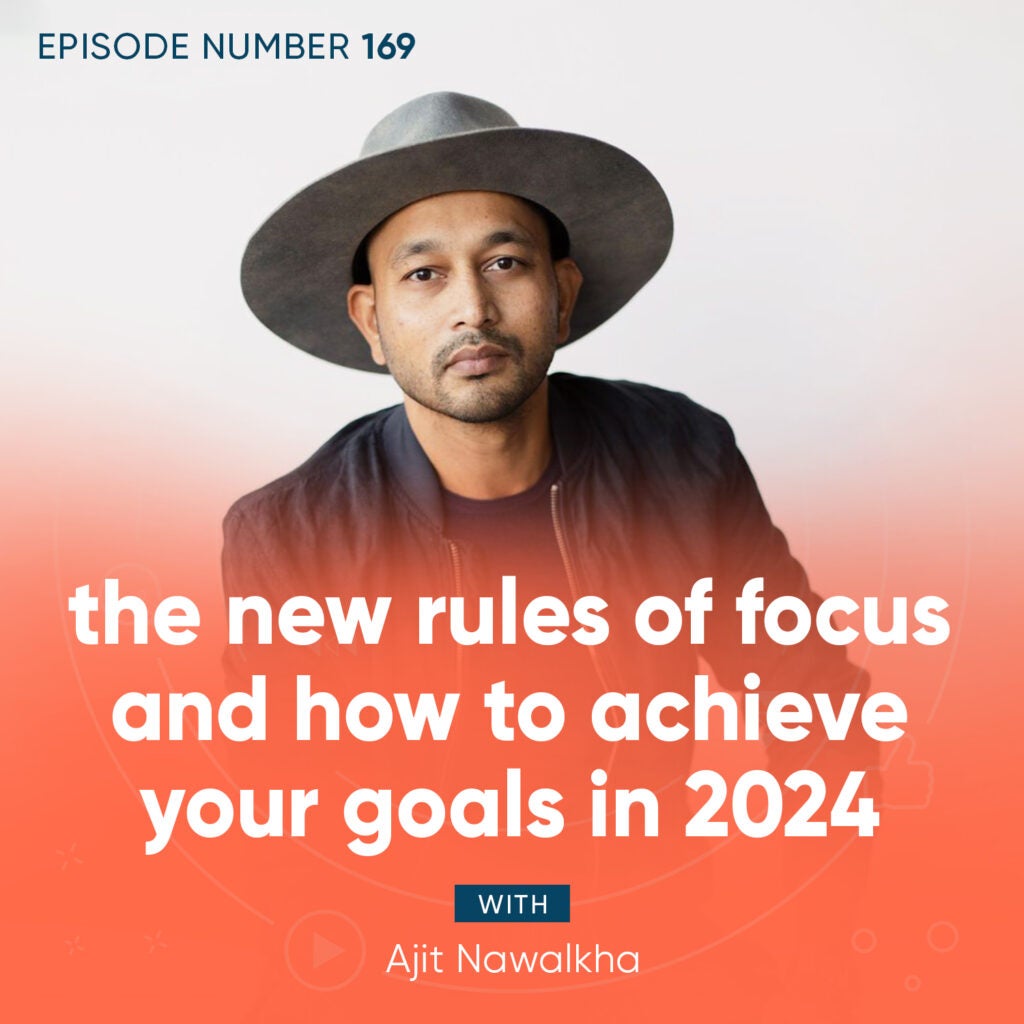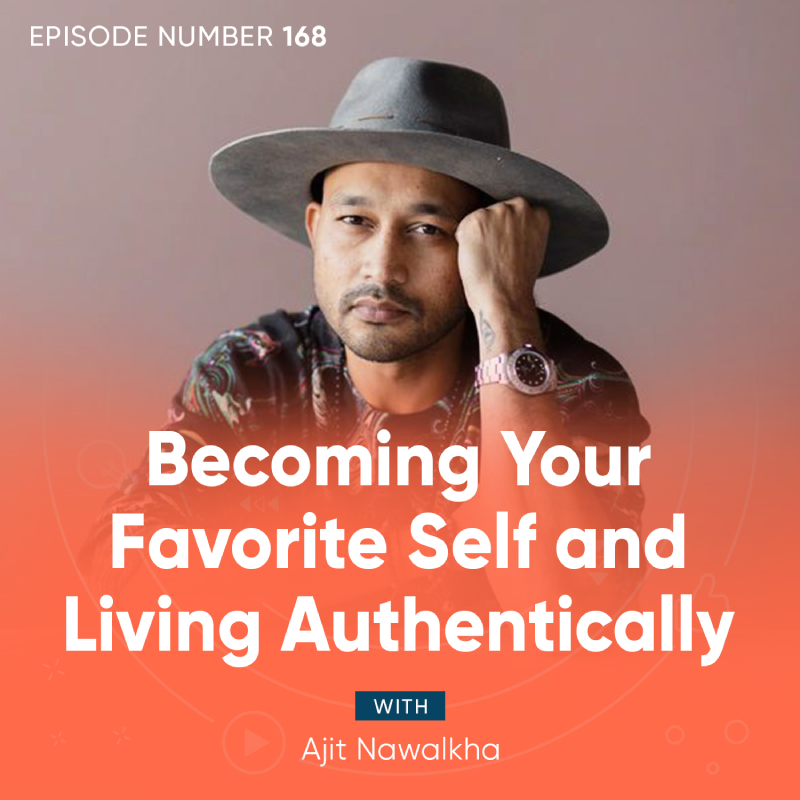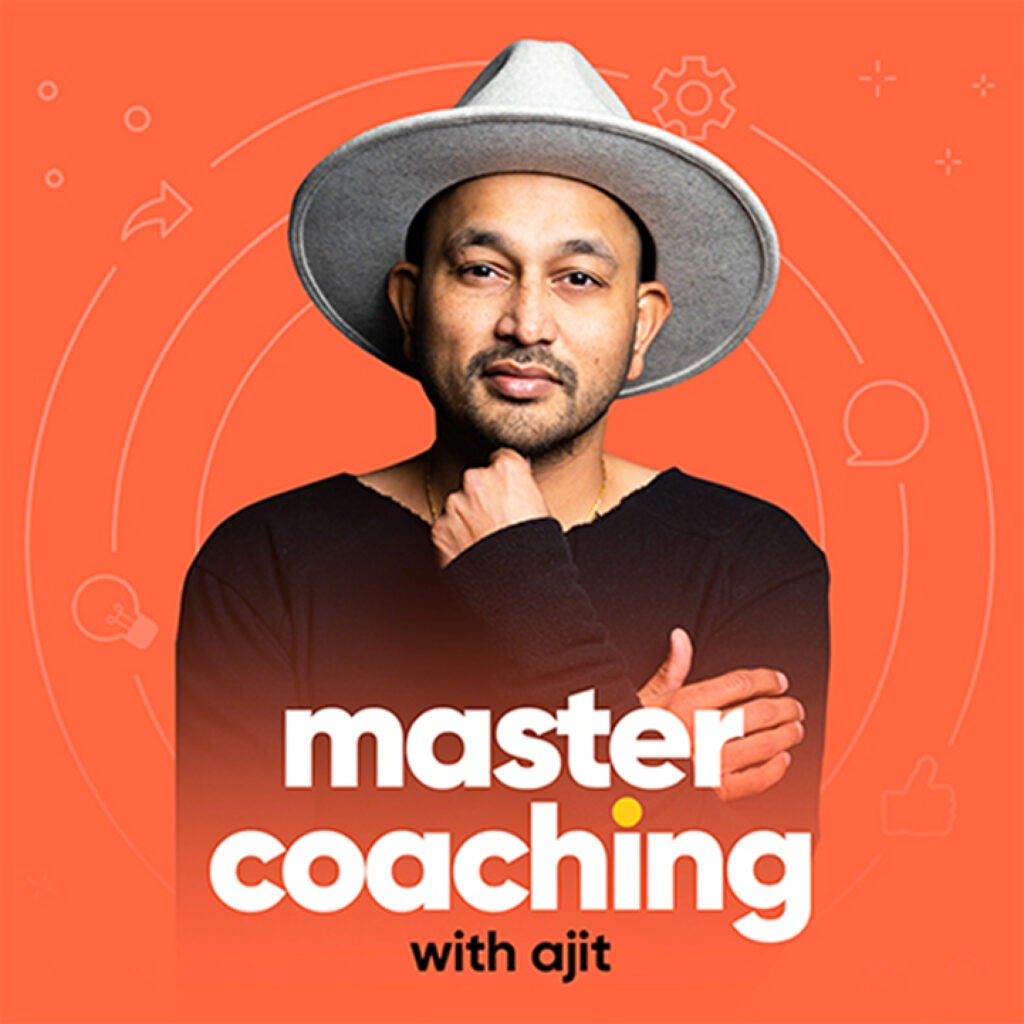Empathy is a superpower, especially if you're a coach. But it can also take a toll on you if you don't know how to manage your energy effectively.
It's not uncommon for empaths to experience "empathy fatigue" or "empathy burnout" when daily activities deplete their energy and negative emotions such as feeling drained and overwhelmed take over. But there is a way to deal with this so it doesn't affect your coaching and your life.
In this insightful episode, Coach Ajit shares exercises and self-coaching questions to help you identify what gives you energy and what takes away your energy, so you can set the right boundaries around that and live your best life as an empath.
Coach Ajit (00:00):
You are listening to Master Coaching with Ajit podcast that inspires coaches to impact the lives of their
clients more meaningfully. I am Coach Ajit and I'm known for coaching high performers, entrepreneurs,
and leaders. I'm also a serial entrepreneur and author of many books. On this podcast, I am answering
your burning questions. I'm also demonstrating and deconstructing behind the scenes coaching sessions.
Coach Ajit (00:35):
And in today's episode of Master Coaching with Ajit, we are talking about the courage to create. You
see, one of the keys to becoming successful as a coach, to be able to be impactful as a coach is to find
courage, courage, to be able to create your business courage, to be able to ask meaningful courageous
questions, courage, to be more of you, despite what the world may respond to or how the world may
respond to your courage and your being courage is foundational for us all to create a beautiful life and
courage as a word is so powerful. If you didn't know the origins of the word, courage, courage comes
from a French word called corage, or I'm guessing it's called corage. I don't know the right
pronunciation, but it comes from a French word. And that word means heart. Courage is the heart of all
acts that we do.
Coach Ajit (01:38):
Like our heart fuels our entire body. Our courage fuels our entire being. So if we can find courage, if we
can find courage to create, if we can find courage to be, if we can find courage to lean into our coaching
conversations, a lot more powerfully, we will be able to create greater outcomes in the world. Be able to
live with more sense, with more purpose in our lives. So where is it that we could find the courage to
create? Now, before I started recording this podcast episode, it occurred to me that I wanted to take a
slightly different approach than a psychological approach that we had known our aware of to be able to
deal with courage. I've talked about courage in many different ways that are psychological, that give you
action steps. But what I believe I wanna talk about today that I think may be more meaningful to you in
today's context is a different approach to courage.
